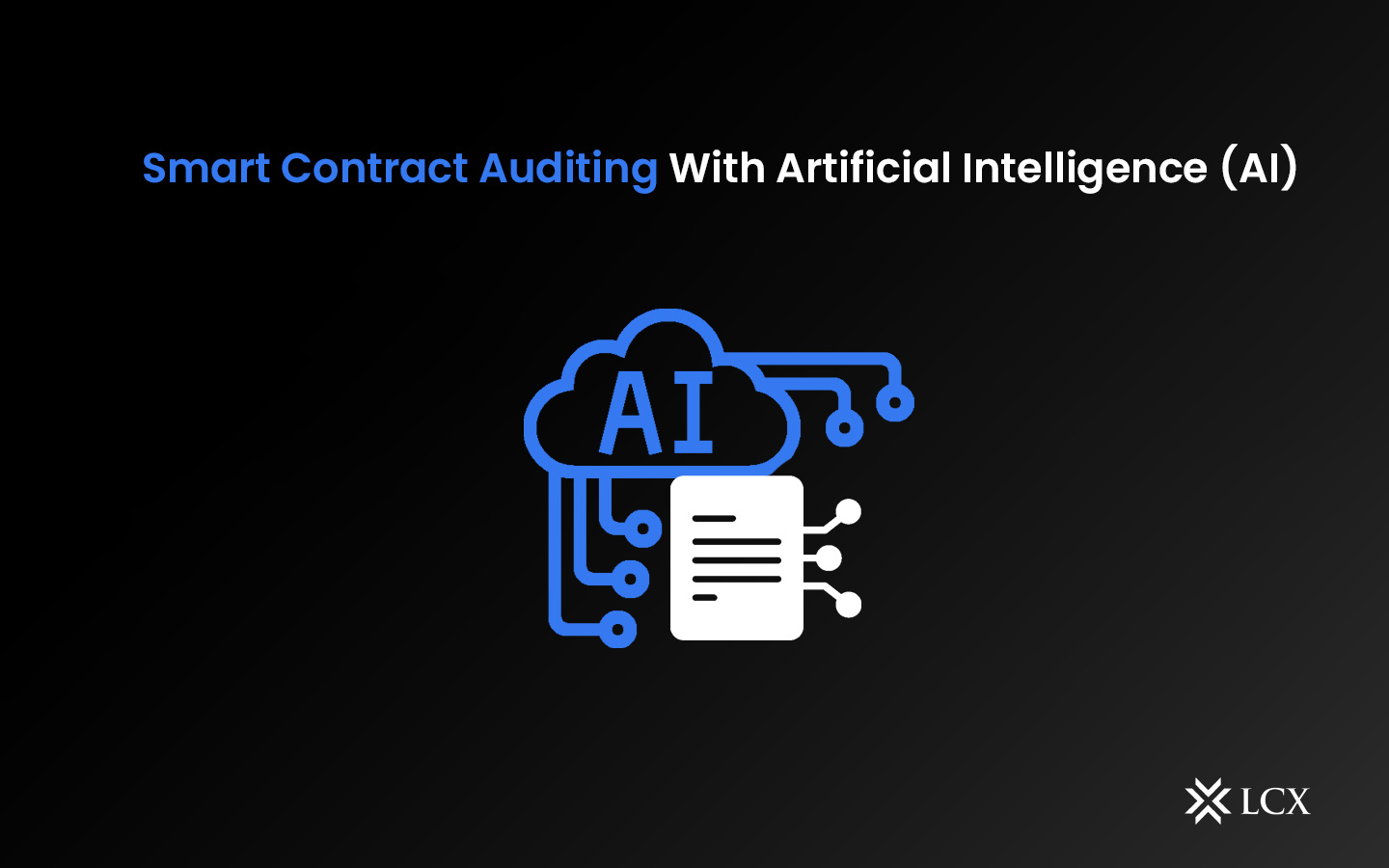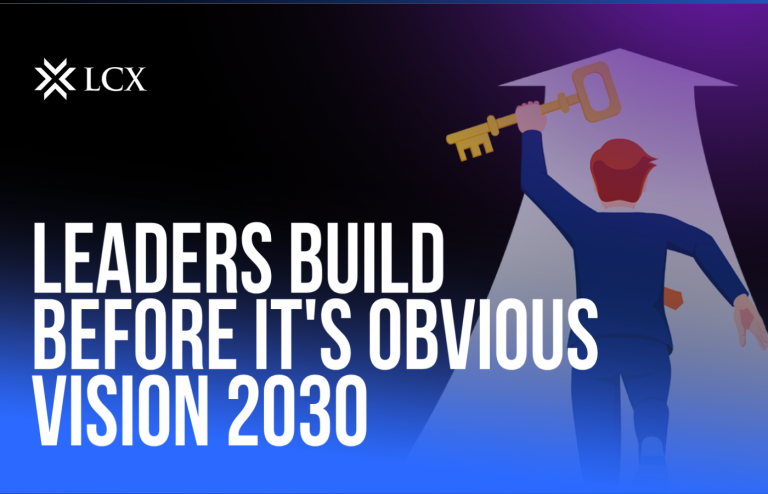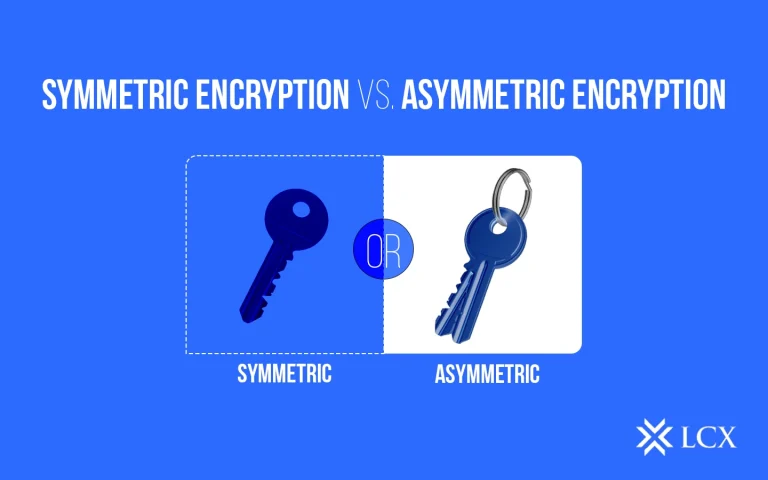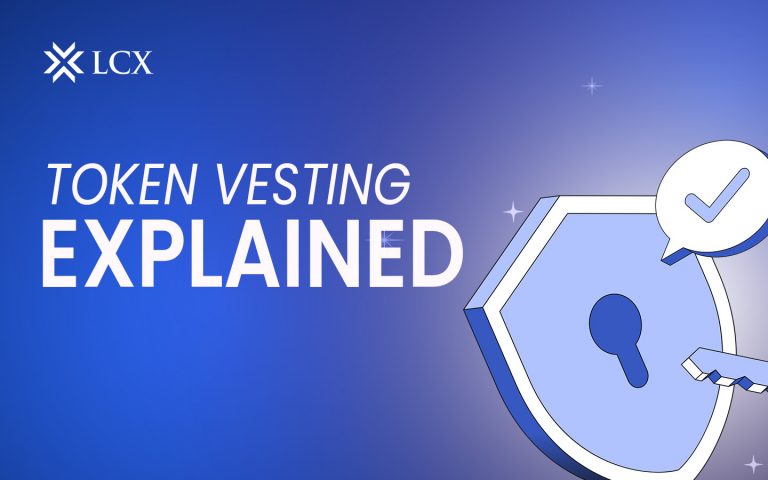The rapid growth of blockchain technology and cryptocurrencies has paved the way for innovative applications, such as smart contracts. Smart contract enable the automation and execution of agreements without the need for intermediaries, offering improved efficiency, transparency, and security. However, despite their numerous advantages, smart contracts are not immune to vulnerabilities and errors. To address this challenge, the integration of artificial intelligence (AI) in auditing processes has emerged as a promising solution.
Understanding Smart Contract Auditing
Smart contract auditing involves thoroughly examining the code of a contract to identify potential vulnerabilities or bugs that could be exploited. Traditional auditing methods often rely on manual review and testing by human experts. While effective, manual audits can be time-consuming and expensive, and may still miss certain issues due to human error. This is where AI-powered auditing comes into play.
Automating Smart Contract Auditing with AI
By leveraging the capabilities of artificial intelligence, smart contract auditing can be significantly improved. Here are several ways AI can enhance the auditing process:
Static Analysis
AI can perform static analysis on smart contract code, allowing for automated identification of potential security vulnerabilities. AI algorithms can analyze the code structure, identify common patterns, and compare it against a set of known vulnerabilities. This automated approach can help auditors quickly identify potential risks, saving time and effort.
Machine Learning for Vulnerability Detection
Machine learning algorithms can be trained on vast amounts of smart contract data to recognize patterns and identify potential vulnerabilities. These algorithms can learn from historical data to detect common coding mistakes, such as reentrancy attacks or integer overflow, which are frequently exploited by malicious actors. By continuously improving their accuracy, machine learning models can become invaluable tools for auditors.
Natural Language Processing (NLP) for Auditing Reports
AI-powered natural language processing techniques can be utilized to extract relevant information from audit reports. This enables auditors to quickly assess the overall security posture of a smart contract by automatically summarizing the findings, identifying critical issues, and providing recommendations for remediation.
Test Coverage and Dynamic Analysis
AI can enhance the testing process by generating and executing test cases to assess the behavior of smart contracts under different conditions. By simulating various scenarios, AI algorithms can identify edge cases and potential bugs that may not be apparent through manual testing alone. This helps auditors achieve higher test coverage and ensures the robustness of smart contracts.
Benefits of AI-Enabled Smart Contract Auditing
Integrating AI into smart contract auditing offers several key benefits:
Efficiency: AI-powered auditing significantly reduces the time and effort required to identify potential vulnerabilities and security risks in smart contracts. This efficiency enables auditors to conduct thorough reviews of contracts in less time, allowing for faster deployment and enhanced overall security.
Accuracy: AI algorithms can analyze code with a high degree of accuracy, reducing the likelihood of human error that may occur during manual reviews. The automated nature of AI-powered auditing ensures consistent results and improves the reliability of the audit process.
Scalability: With the ability to process vast amounts of code and data, AI enables auditors to scale their efforts without compromising quality. This scalability is particularly crucial in the rapidly evolving blockchain ecosystem, where numerous smart contracts are being developed and deployed daily.
Continuous Improvement: AI algorithms can learn from new vulnerabilities and attack vectors, continuously improving their ability to detect potential risks. This adaptive nature of AI ensures that auditors stay up-to-date with emerging threats and maintain high standards of security.
Conclusion
Artificial intelligence brings a new level of automation and efficiency to smart contract auditing. By leveraging AI-powered techniques such as static analysis, machine learning, natural language processing, and dynamic analysis, auditors can effectively identify vulnerabilities and security risks in smart contract code. The integration of AI into smart contract auditing processes offers enhanced efficiency, accuracy, scalability, and continuous improvement, contributing to the overall security and reliability of decentralized applications. As blockchain technology continues to advance, the role of AI in smart contract auditing will become increasingly crucial for maintaining the integrity of decentralized ecosystems.










